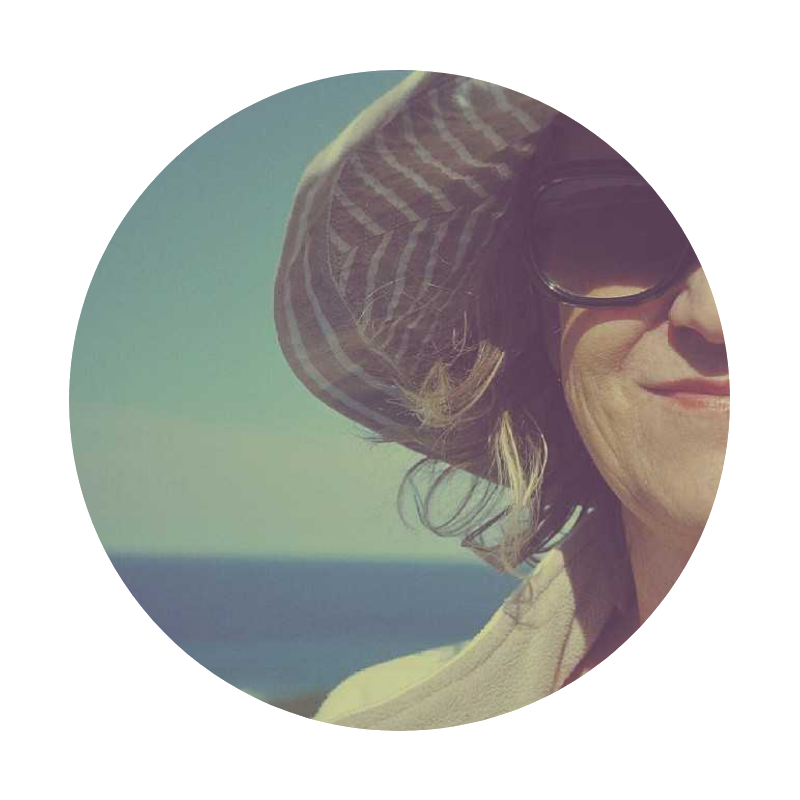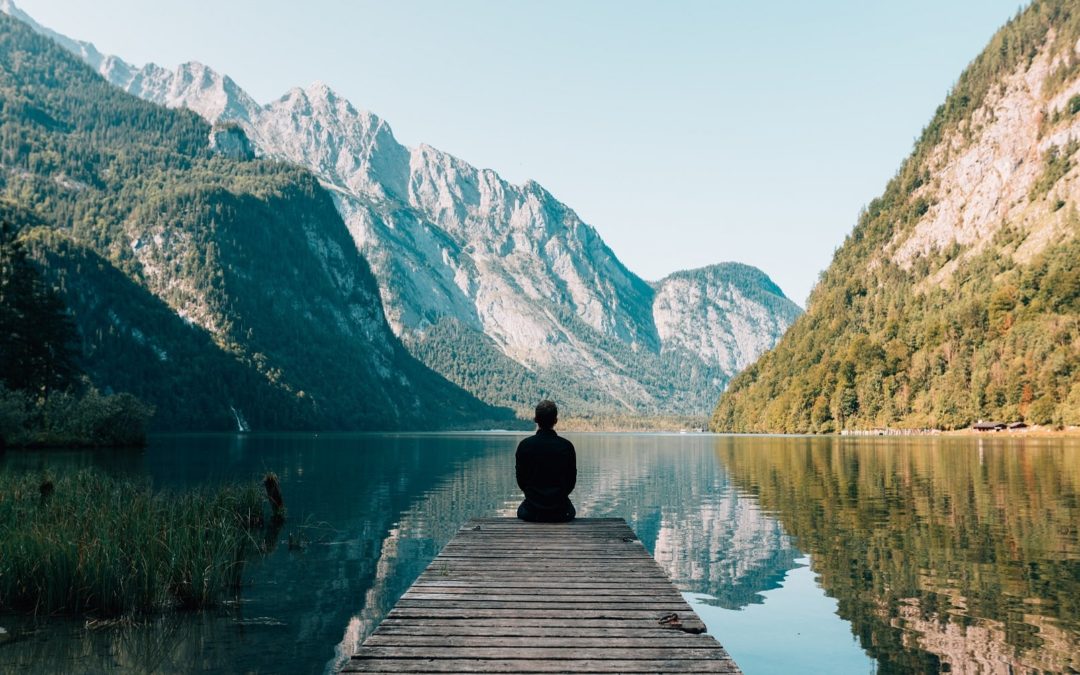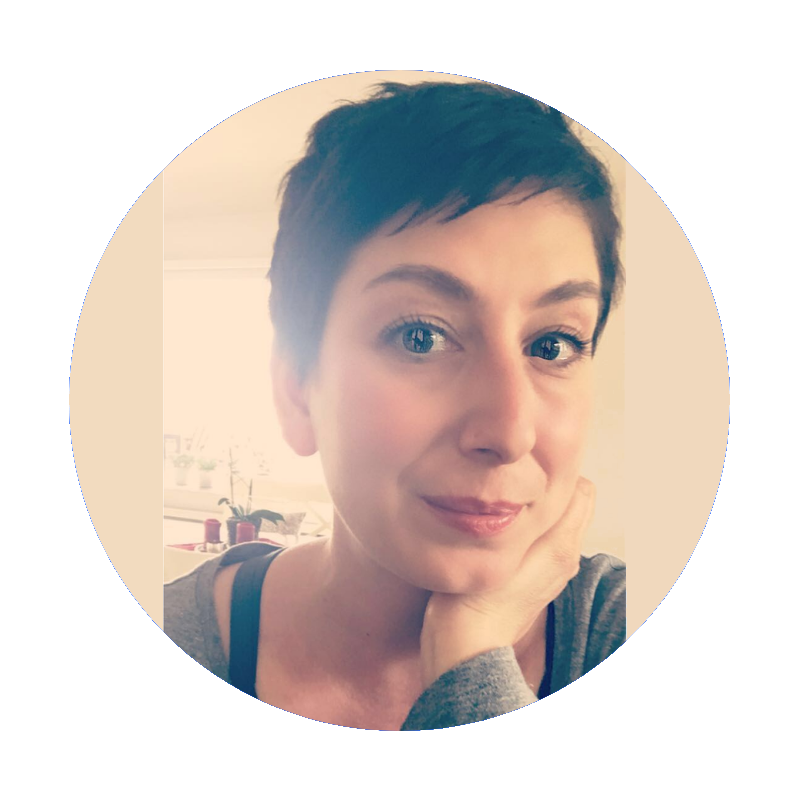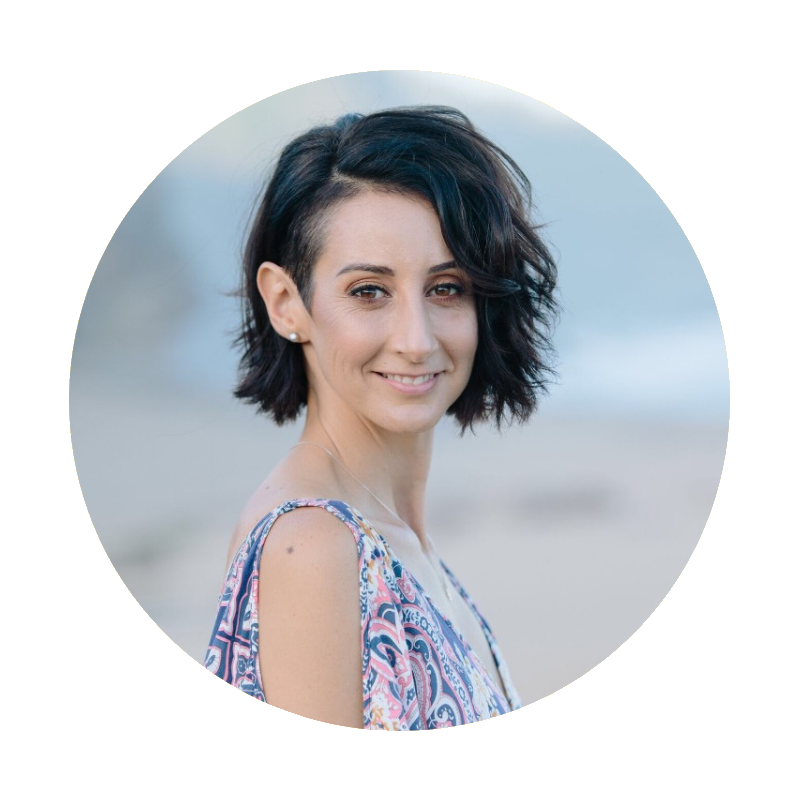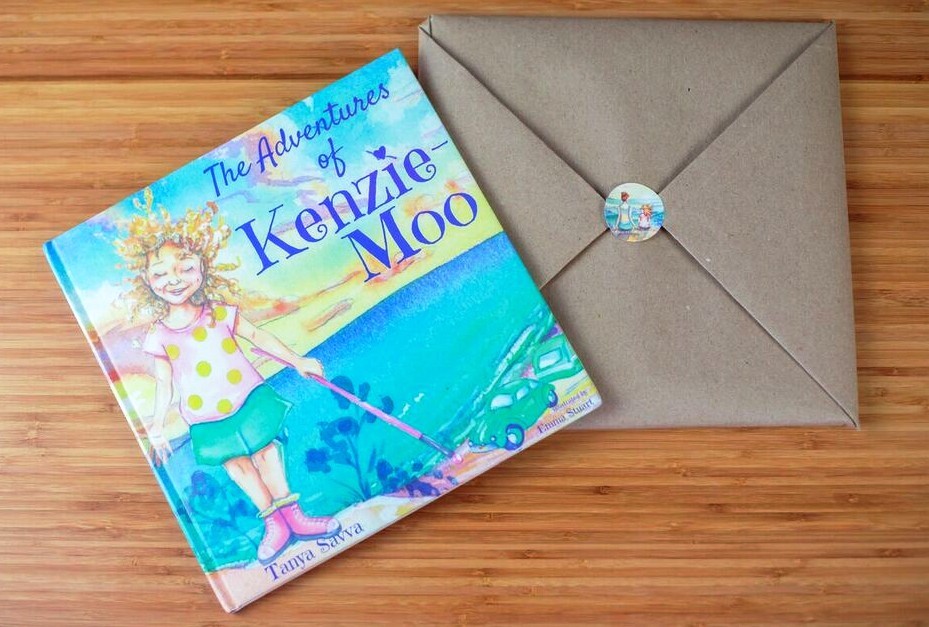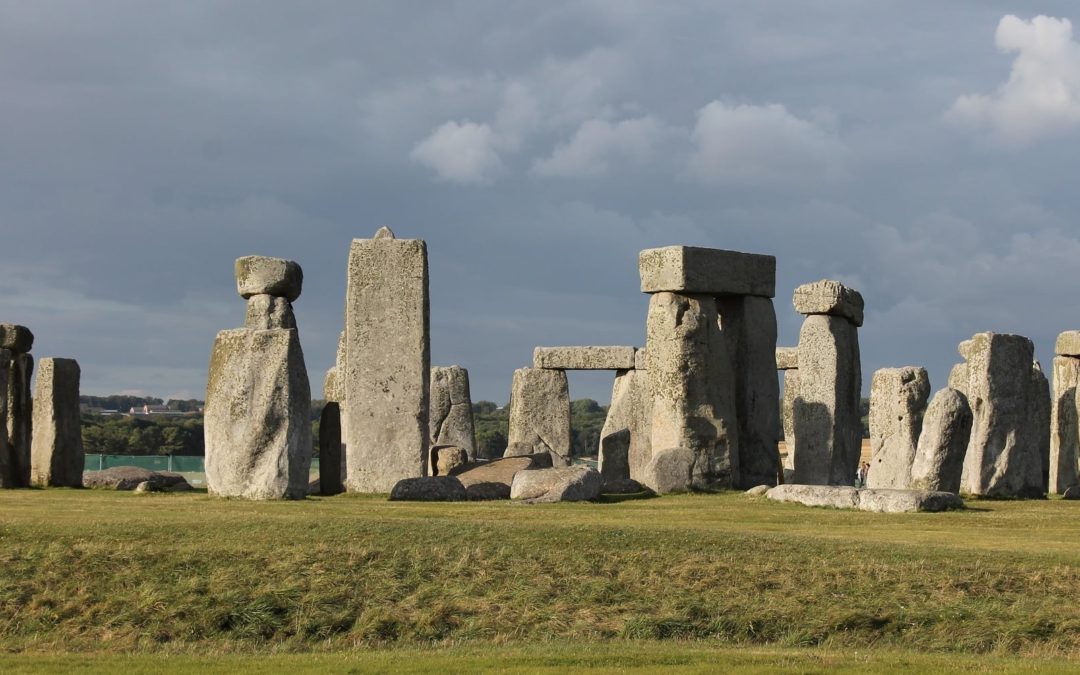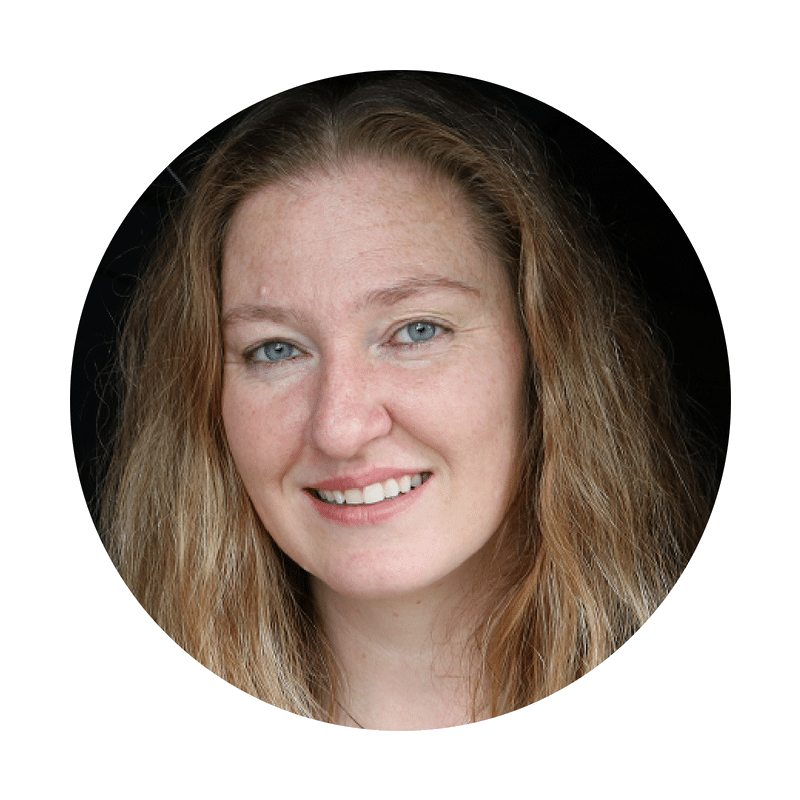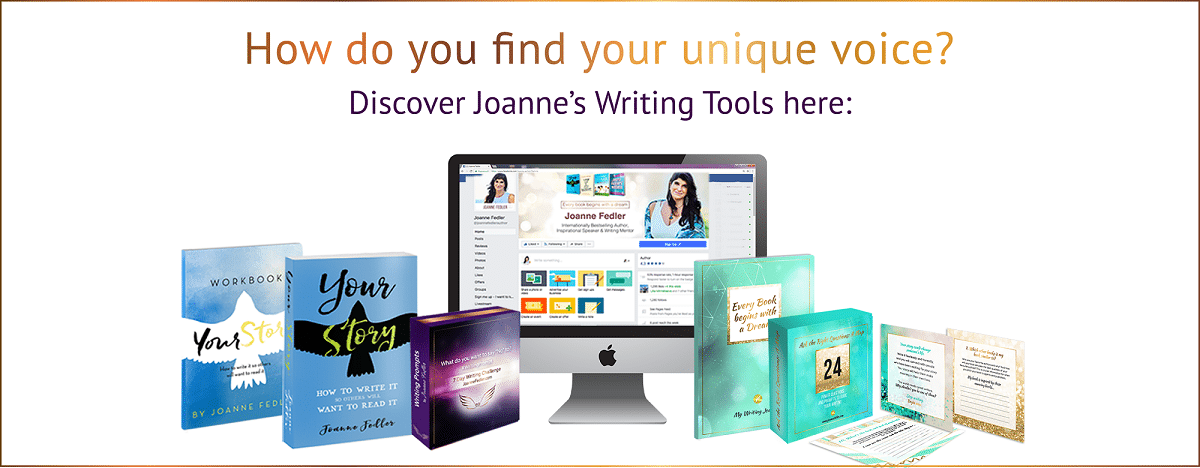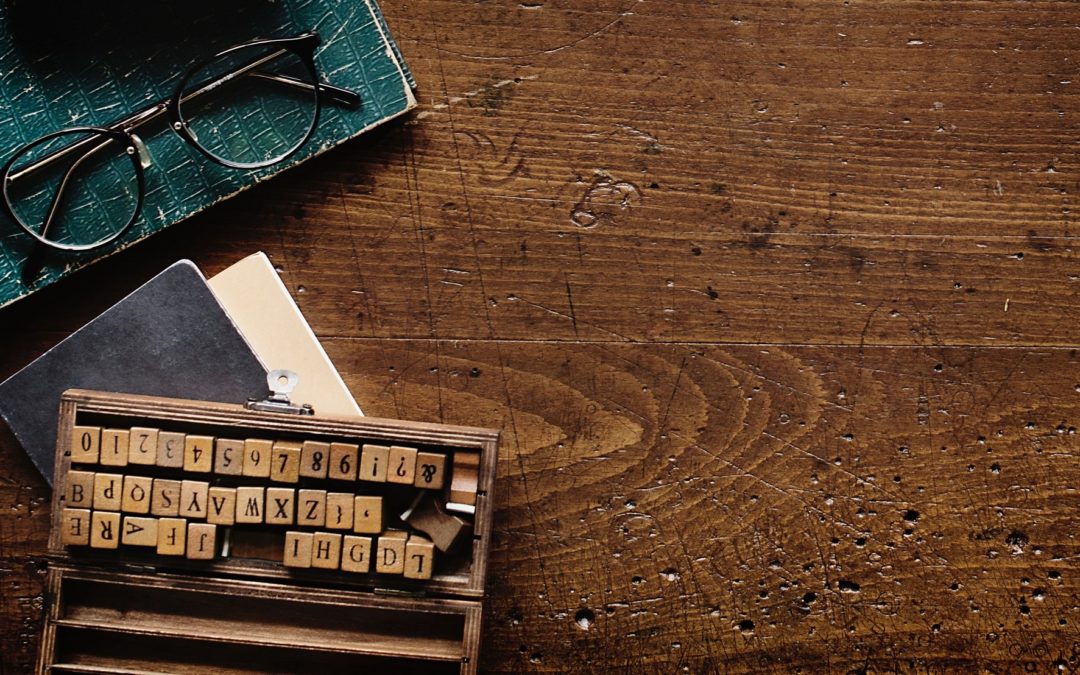
Spelling Out My Story
Spelling Out My Story
“Bernard! If you don’t stop that, I’ll go get the sack.” That was all Marie said, and her son stopped, looked up in fear, and apologised. Marie relaxed back into her seat and explained, “He knows I’ll hang him in the sack from a tree for an hour. It’s funny, he is so scared of the sack. I can get him to do anything.”
My mother’s colleague had brought her family for a Sunday BBQ and she was happily sipping on her cocktail. I sat next to my mother and thought, “When I am grown up, I don’t want to be a mommy like her. I want to be a mommy like mine. One who sits at my dolly-tea-parties and pretends to drink imaginary tea and reads bed time stories.”
As a child I was not a good reader. I was not a good writer either. If my life depended on spelling, it would have had a very sad outcome. I would carefully write the words that I actually knew how to spell. And I used up a lot of energy finding ways to trick my teachers into believing that I had bad handwriting over bad spelling habits. That was until I was sixteen years old and an English teacher told me to stop focusing on spelling. Grammar, he said, was for cowards. “I want to know the story. If I can’t imagine it, then no good-spelling is going to get me there anyway.”
I took his words as gospel and I began to tell stories.
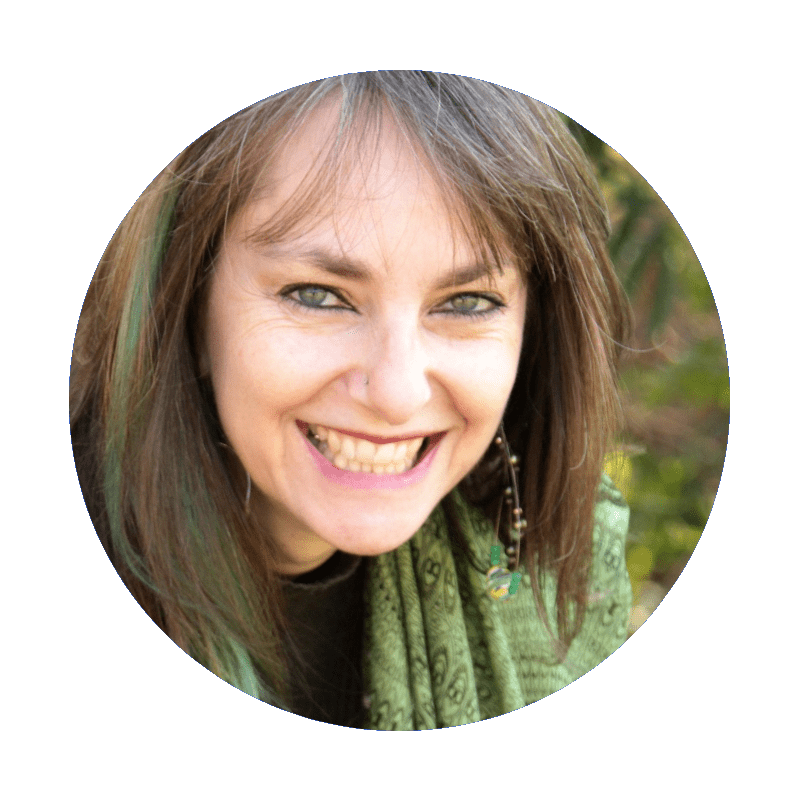
.
About Xanti
Xanti was born in South Africa in the late ’60s. She enjoys travelling around the world, which is why she has lived in seven different countries. She believes in equality for all people. Xanti gave up on a single career path when it became necessary to choose between travel and career. After seeing the shadows and the light of abandonment and abuse, she adopted her two children. She has always been interested in understanding why people do what they do. This helped her when her experiences as an adoptive mother shaped her view on parenting. She’s been through earthquakes, a volcano erupting and a couple of fires. Currently, Xanti lives in Mauritius but continues to travel the world whenever possible.
You can visit her website at www.xantibootcov.com
Or her Facebook page.
As a mother desperately trying to find the middle ground between the dreaded sack and the imaginary tea-parties, I turned to writing to get me out of some of my saddest moments. I was a mother who felt like I was failing every test, but I found acceptance and healing in the words I banged out on my keyboard. My spelling was bad. I couldn’t grasp the active voice and I wasn’t even sure if I could remember an adverb from a pronoun, but write I did. Tears dripped some days. Giggles filled the house on others.
I found meaning and understanding, and I found my place in my story. Don’t get me wrong, I still think spelling and grammar are important. There is a whole world of meaning between “a part” and “apart”. Don’t even get me started on the difference between “your” and you’re”, but here is the thing: Words are important. How could you explain that your heart is sore if you don’t know the word for heart? How would you say that you are in love if you didn’t have the language to express the emotion?
As for my parenting skills? Well, you’ll have to ask my children if I ever brought out the sack. I know I tried to give my children the best life I could offer. I know I had good days and I know I had bad ones. Days where I succeeded and days when I felt I was worse than the tree-sack-hanger. But through all of that, I repeated the same message that I was given all those decades ago. Let me hear your story. Tell me your story. Write your story.
Give it a try and maybe you will find yourself in between the lines. Or even more meaningful, perhaps someone else will find themselves between your paragraphs. What could be better than that?
Being able to spell onomatopoeia?
Come and Join the Midlife Memoir Breakthrough
A Five-Day Live Event in Sydney with Joanne Fedler

In this hands-on, intimate workshop (an eclectic mix of teaching, instruction, writing exercises, meditations, ritual, sharing and other joyful activities), I will teach you how to take the material of your life – the moments that counted, no matter how shattering or modest – and weave them into a memoir that makes sense of it all.


